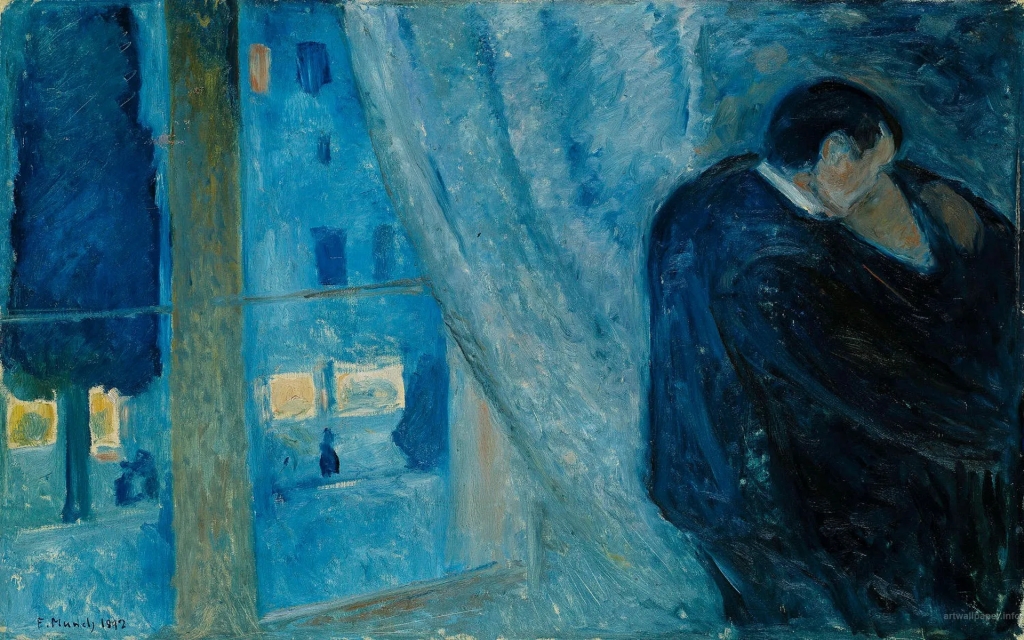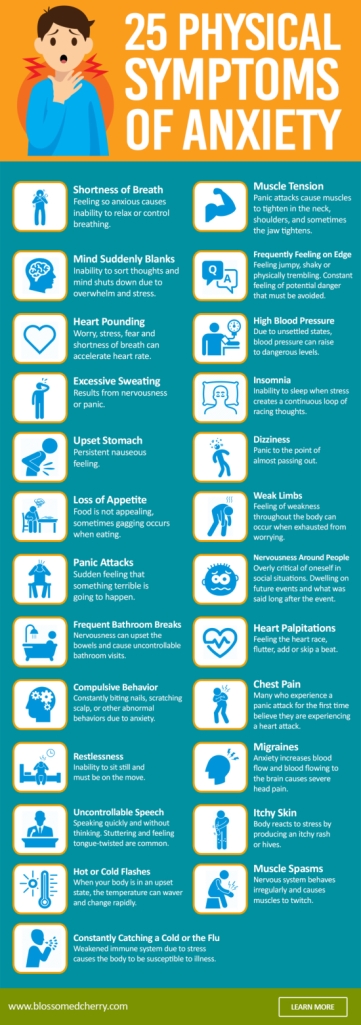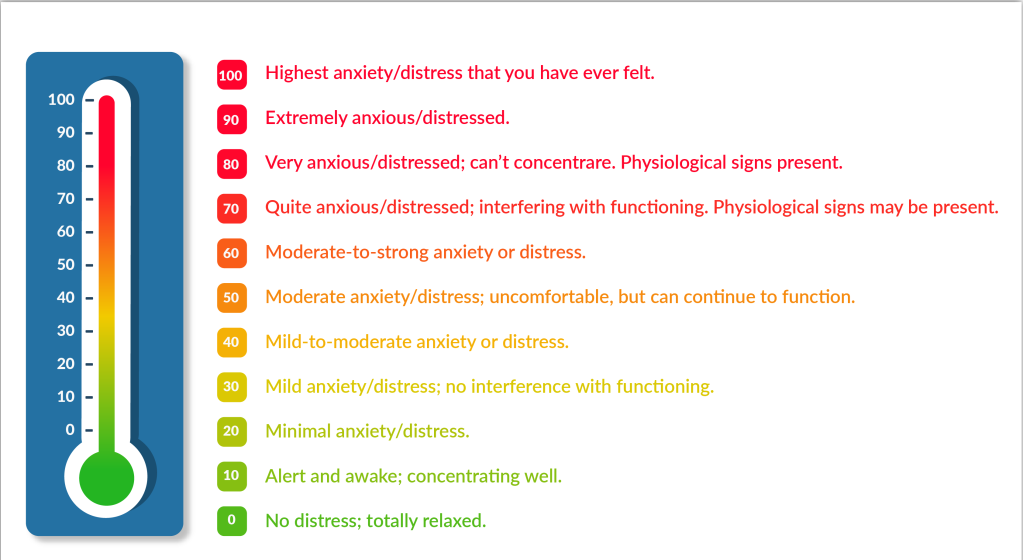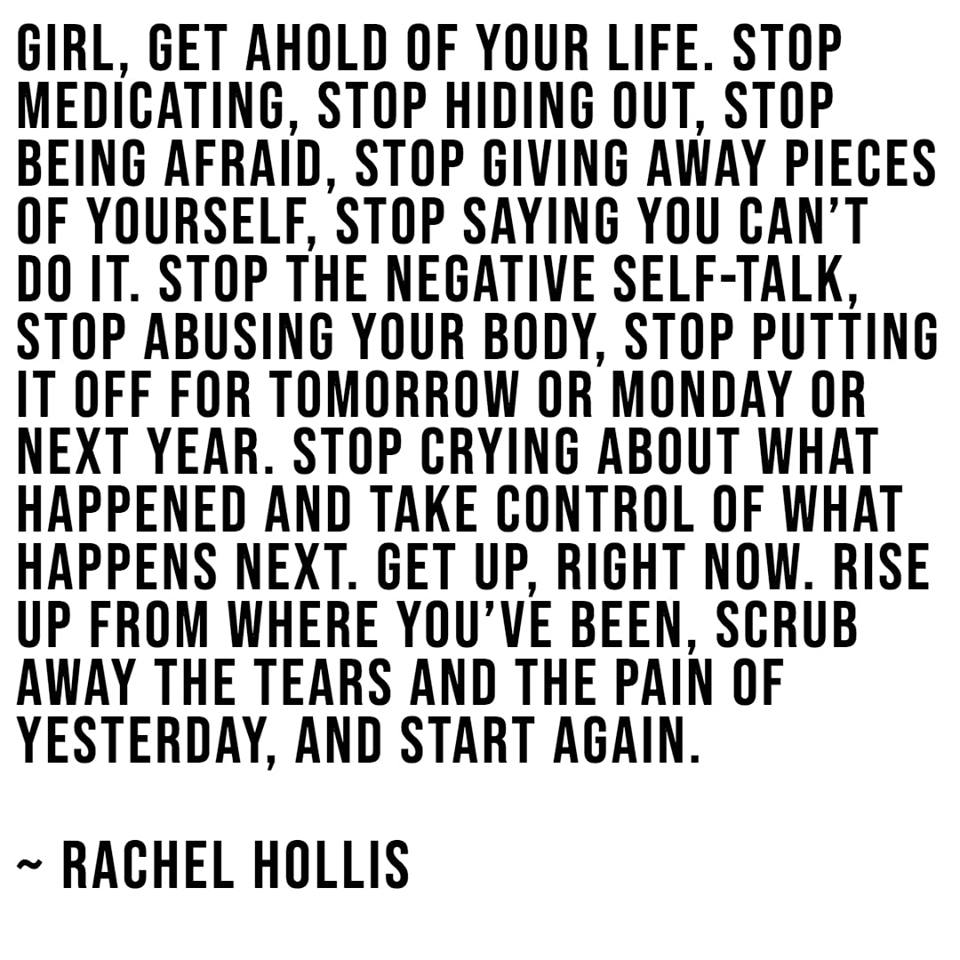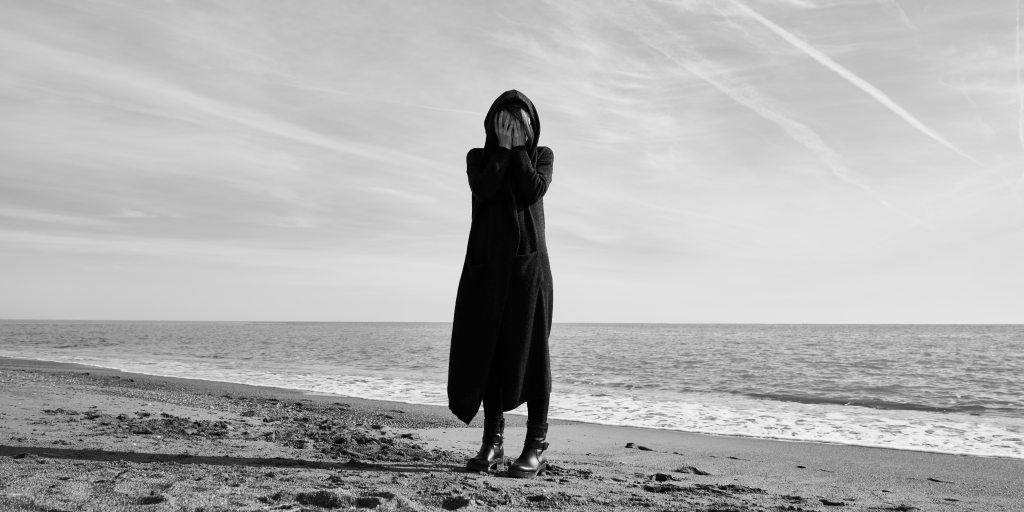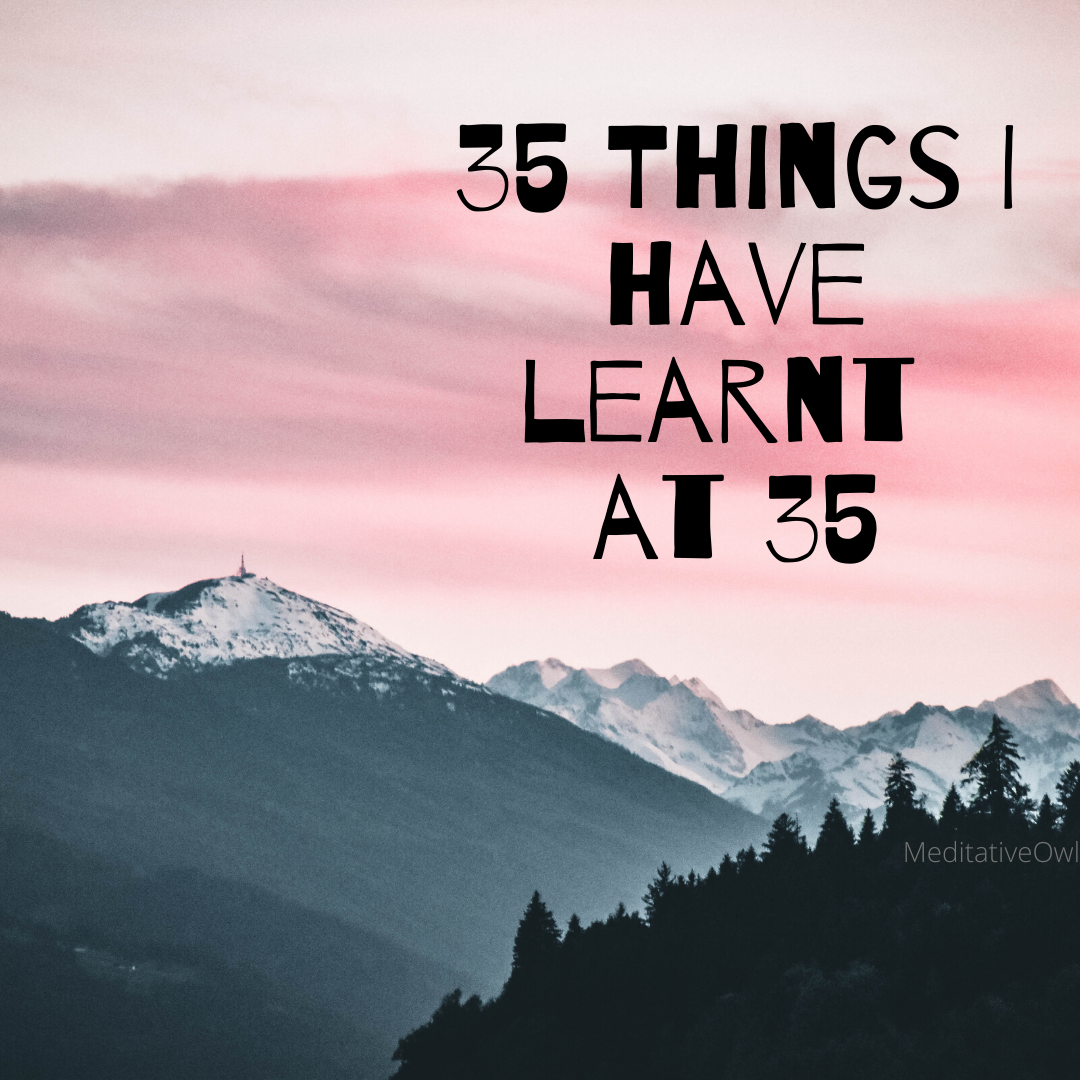
As we draw to the end of this decade, I have recently turned 35. I don’t know why 35 feels like such a huge leap from 34, but it wasn’t a milestone that I was thrilled to get to. Its the turning of time, another year gone – and it has been quite a year! I don’t feel particularly old, perhaps just a little like I have a lot left to do, more that I want to achieve. But, the start of a new decade and the passing of this birthday feels like a good time to sit back and take stock – and look at the things I have learnt up until this point. So, here goes…
1. Its ok to be quiet and introverted.
This has been quite the revelation over the past few years! I have always had it in the back of my mind that I was somehow ‘wrong’ for not being as loud or as gregarious as others. For not wanting to go out every weekend, for feeling tired and like I needed to have some alone time if I had been sociable. But recently, and really quite recently – only the last eighteen months or so, I have come to the conclusion that it is actually quite normal, and whilst I love the people in my life that are loud and outgoing, I also cherish the ones that are quiet and thoughtful, and I need to turn some of that same acceptance inwards.
2. Medication has its place.
All medication does, of course, but specifically medication for mental illness. I started taking medication in 2010 when my mental health first started to deteriorate and it did take a little while to find the correct medication and dose – but, once I had found it, I stabilised and I stayed on it until 2018 when I felt well enough to come off of it. For a few months, all was well but then external factors saw my mental health once again begin to slip and I decided to go back on to it. There is absolutely no shame in taking something that helps you and it doesn’t have to be forever, but sometimes we all need that helping hand – whether it is to ease anxiety, to sleep or simply to make things feel more manageable.
3. You don’t have to be thrilled with everything you create.
I love to write, and cook, and draw, and paint – but I tend not to do the latter two, why? Because I’m always worried that it won’t be ‘good enough’, or I’ll be disappointed in it. Part of me realises that art, in any form, is just an expression of emotion and it is all subjective. But the other part of me is somewhat of a perfectionist! I am still working on this one, but I hope that the realisation that what we create doesn’t have to be ‘perfect’ and that there is beauty in our flaws, helps me as I move into 2020 and I can once again get my canvases out.
4. It’s ok to say no.
FOMO is real! And so is the thought of ‘letting other people down’ – but occasionally we have to remind ourselves that actually, we come first. Opportunities will come again if they are meant to and if someone is truly a friend, they will understand that sometimes we don’t have the mental, physical or emotional capacity to say yes, and that is ok!
5. Social media is HARD.
The biggest struggle I have found whilst blogging is….. Twitter! And Instagram, and Facebook (the latter two I am terrible at keeping going). Before I launched my blog, I used social media like everyone else but I didn’t really give too much thought to it. Now, I use it less – because I am giving thought to it, usually ‘I need to do X,Y and Z’! Don’t get me wrong, there are huge benefits to social media, especially when it comes to getting your work out there, but I do find it incredibly tiring at times and overwhelming also, so I am trying to get into a healthy habit of having a set time to use it.
6. There is nothing wrong with liking what you like.
Whether it be a TV show, music, a certain author… I used to have playlists on Spotify that I would only listen to on ‘private mode’ for fear of being judged on my music choice if I suddenly wanted some Britney Spears or Aqua! But then I figured… you know what? I like prancing around my kitchen to cheesy 90’s pop sometimes, I find it relaxing to get in the bath and sing along to Mariah or Whitney and that’s not shameful, in fact, I figure most people do 🙂
7. Toxic people need to GO.
Sometimes it can be very hard to identify toxic people in your life, especially if you are a survivor of trauma or if you have a tendency to fall into unhealthy relationships. But my bullshit meter is getting stronger as I get older 😉 It’s not easy, sometimes you discover – with hindsight – how someone made you feel, and that it wasn’t healthy. But I am now trying to actively gauge how people make me feel, what my emotions are doing either before meeting them or after speaking to then and I am learning to trust my gut more.
8. The greatest thing you can do for other people is to hear them…
…and I mean, really hear them. You don’t have to fix them, you don’t even have to fully understand what they are going through – but if you can sit and be with them in their pain then that really does work wonders. All any of us want is to be heard and to not have our concerns brushed off as insignificant or silly. I feel that especially with anxiety, logic rarely comes into our fears and emotions and we can know that what we are experiencing doesn’t always make a whole lot of sense. Our minds are complex things and they will try and protect us in any way possible – but when we are in that space where we need protection, it is very often our child selves that are in control. All emotions are valid and all emotions have a root cause, sometimes it just takes sitting down with someone we know we can trust to talk it through in order to be able to unpick these things.
9. Nature is a wonderful healer.
We need medication at times, we need doctors, we need research and science and all of that – but nature also plays a huge, and wonderful, part in our wellbeing. From the plant-based food that we consume to the herbs and vitamins that support our health, to watching the cycle and the being of all things in nature as they die and are reborn, to just getting out and into it! I am a huge fan of walking to places and taking in the things I see along the way – even routes that you walk everyday change with the seasons and watching the seasons change is a magical experience in itself. It helps with mindfulness to be fully absorbed n your surroundings, even if it is in a town centre! But of course, the real magic for me is held within the woods, or on a windswept coastline. Sometimes I imagine the wind collecting up all my worries and carrying them out to sea, or the roots under my feet pulling me back down to earth and reminding me of my place in the great scheme of things which brings calm and stability. I could write about the wonders of nature all day, but I think this is already the longest paragraph so far 🙂
10. Trauma doesn’t just come from warzones.
For years, I dismissed the idea that I was a survivor of trauma. Years, decades even. What a preposterous idea that was – that a woman who was loved, who had a relatively comfortable life, who hadn’t been in a warzone or come from a broken home could be classed as having endured trauma. It was only last year, when I was seeing a wonderful therapist, that I realised that it wasn’t preposterous at all – and not only did he, in his medical opinion class what I went through as trauma, he classed it as complex trauma. A sustained and prolonged attack on my very being from a group of girls who would one day be my friends and the next be my attackers. How it shaped how I formed and maintained relationships as an adult. How I lived in a state of fear and anxiety for years whilst not wanting to be a burden. How my sense of self was still shaped by their words, how it had led to my ongoing feelings of being ‘too much’ and ‘too sensitive’, and I finally had answers as to why I second-guessed my own decisions constantly. C-PTSD: it is an acronym that still seems daunting, and one that means that in some ways I have a long way to go in recovery, but it is finally a name for something that has plagued me for so very long – and I no longer feel guilty for the pain that I feel.
11. Yoga is amazing.
There, that is the point… Yoga, is, amazing. Have a headache, a stiff neck, aching knees, period pain? Load up Youtube and type in Yoga for <insert ailment here> and there is a wholesome, calm, kind answer. Yes… ok, it’s not going to fix everything, we still need to have medications, therapy, self-awareness and all of that. But I can honestly say that yoga has helped my mental health and my fibromyalgia massively over the past year. I’m not flexible, I wobble in Warrior 1 at times! But having that half an hour to myself, where I know I am actively taking care of my body – even on the hardest of days – is a kindness and a safe space where I can let it all go.
12.‘You are not a bad person for the ways you tried to kill your sadness’.
Repeat this, as often as you need.
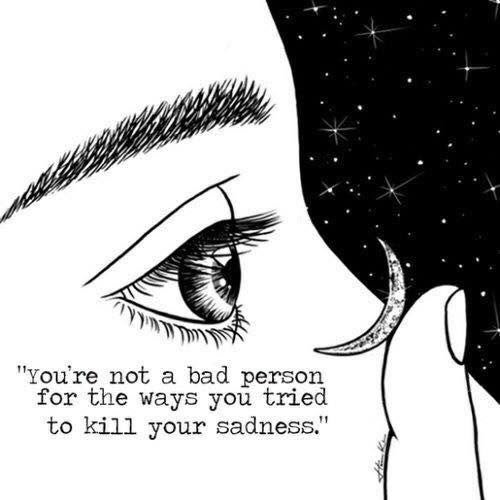
13. Healthy food makes you feel good.
I know, its a fairly obvious one! But I am always amazed at how bad junk food can make me feel, almost instantaneously at times. It’s not always easy to notice if we are busy or unable to take care of ourselves as fully as we need to, and sometimes its really not all that achievable if money is tight and we are scrabbling together something from tins at the back of the cupboard and some wilting veg which lost its nutrient content long ago. Bulk cooking on good days and freezing it down for the harder ones is always a good shout, and sometimes I buy up the reduced veg in supermarkets and just make a load of soup!
14. People will always remember how you made them feel.
As humans, we tend to forget an awful lot – the little details of things, who said what, when exactly something happened and things like that, but when it comes to emotion, our connections are much stronger. It’s no surprise then that the impressions we make on other people, and those they make upon us, count.
15. Don’t put your tongue on the end of a battery.
No matter how much someone tells you is safe and won’t hurt. Even if that someone is your husband. Don’t do it.
16. People are infinitely interesting (and that includes you).
We all have stories, we all have experienced heartbreak, we all have dreams… I love talking to people and finding out what makes them tick. Years ago, I met a woman on the bus – she’s in her seventies, hair as white as snow and we got on so well that she came to my wedding! But the stories she tells me, of her parents, her grandparents and her great, great, greats have me itching for a pen and some paper. My Dad, a quiet and religious man has stories of road train driving in the outback of Australia, of being on the deck of a cruise ship in the eye of a hurricane and of being taught to drive race cars by Jack Brabham, if you know to ask. We all have so much tucked just below the surface! Ask the questions, ask about more than what someone watched on TV last night. We are all unique and interesting and yet we all think we’re so normal.
17. I am happiest when I’m wild.
When my hair isn’t done, when my clothes are comfortable, when I have no make-up on and I’m outdoors or with people that I can truly be myself around. Being corporate and perfectly manicured works for some people, but not for me. It doesn’t make me any better, or worse, than them. It just means I am not that type of person, and I’m finally learning that that’s ok.
18. Boundaries.
Boundaries are something I haven’t got a wonderful grasp on, yet. However, I am learning their importance – both to my emotional and my physical wellbeing. So many factors can lead to us saying ‘yes’ to things that a nanosecond later we wish we hadn’t agreed to, or getting ourselves into situations we long to escape from. Be it a fear of missing out, guilt, a sense of duty or that good old word: should. Also, I think when we have had a very low sense of our own self-worth, it does become something that we find we can bolster by being there for others or always being the one that people call on to help out. However, long term this is exhausting and basing our own self-worth on the needs of others leaves us in a very vulnerable place. I’m still working on it, but I am learning that sometimes it really is ok to say no or to take a little step back.
19. Pick your battles/stresses.
Is it going to matter tomorrow, or next week, or next month? As much as I feel that all emotions have their place, sometimes I catch myself getting upset over something that really does not matter in the scheme of things (i.e how my husband has loaded the dishwasher). Likewise, I know I have a tendency to fight for the underdog… but I’m beginning to learn that if it is going to cause me undue stress or something that is too high a price then it is time to take a step back and act at least a little with my head as well as my heart.
20. If you can change something that’s making you anxious, do it.
My therapist and I once spoke about the anxiety I felt over decision making – especially when it comes to food. I was telling him about a particular instance where we were going to get an Indian takeaway, but in the end, it became so stressful for me to choose between two dishes that we neglected the whole idea – and he looked at me and said ‘well, why not just get both?’ Now, obviously, this does not – and can not – apply to all things. But at that moment it felt like someone had flicked a switch, I could get both and the problem would be solved! Indian food freezes, after all, it’s just another meal. In fact, having both together made me realise how much I preferred one over the other. If the problem to an anxiety-inducing situation is easy – do it!
21. You can’t fix people, you can only love them.
Codependency… what a tricky little bugger that is! I learnt the hard way that you cannot fix people. Recovery and stability must be something that comes from within. I have written about it in more depth here and also here, but it is an ongoing process of realising that you can only do so much to help others.
21. You don’t have to have a reason for having something nice.
I am not financially well off, and I work very hard for the money I do earn. However sometimes it feels like that hard-earned cash then goes on the most mundane of things – food, vets bills, life insurance – blah blah blah. I think sometimes we forget that we are adults and if we want something nice, be it some tickets to a show, a bottle of nice wine, or a new top, we can actually treat ourselves and buy it. We are worthy of these things and it is ok to treat ourselves with the money that we have worked hard for.
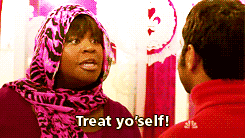
22. …but rewarding yourself is also important.
Sometimes you need something special though. It doesn’t have to be something bought, but we all do things in our day to day lives that are hard, anxiety-inducing, or that we agreed to three weeks ago and now our social engagement meter is in the red! Recognising achievements (even if they seem small or insignificant to others) is vital for our own self-worth and wellbeing. Be it a long soak in the bath, an hour extra in bed with a good book, a nice dinner or, really, whatever makes you feel good – we do need to reward ourselves for the things we do and the energy we put out into the world.
23. You cannot control the emotions of others.
Very much along the same vein as not being able to fix others, controlling the emotions of others is impossible. We are all complex little beings and what seems like a big deal to Person A may be completely insignificant to Person B. Our histories, our experiences, and even our genes play a huge part in our emotional reactions to things, and no-one can be expected to know the intricate details regarding the root cause of someone else’s response. To try and control how someone else feels would be like pouring water into a colander whilst expecting it to fill up and overflow. Control how you react to others, sure, but to expect someone to feel (or not feel) a certain way, because it is how you would react, is only going to cause frustration, from both parties.
24. It’s ok to be cross at those you love (still learning this one).
This is a tricky one for me. It’s based in guilt and also my fear of losing people and abandonment and it’s something that has been discussed a lot in my therapy sessions. But apparently, it’s ok to get angry and frustrated at those you love, it doesn’t mean that you don’t love them anymore
25. Positivity can be toxic.
I have written about this fairly recently. Positivity is wonderful, I think we can all appreciate that, but there does become a point where it stops being wonderful – and that point comes when it actively invalidates the very real emotions that someone is experiencing. We all get angry, upset, frustrated, lonely, jealous and have unkind thoughts about people at times – and you know what? That’s quite normal! We cannot be positive all the time, we need to address the difficult emotions and really feel them, not brush them under the carpet and ignore what they are trying to tell us or where they come from. This faux positivity can be hurtful and also quite dangerous and I am definitely not a fan of having it rammed down my throat by people who have never experienced the devastating lows of mental illness. Of course we would all love to be happy, shining beams of light 24/7, but in reality, that’s not possible and I feel that acknowledging that removes so much of the guilt of how ‘blessed’ and ‘grateful’ we all should be feeling. It’s ok to acknowledge that life can be a bit shit sometimes.
26. Online friendships can be as important and fulfilling as the friendships you have in ‘real’ life.
I have always – since the days of dial-up – talked to people online. As an introvert who can find face to face social situations exhausting at times, I have found that online friendships can be wonderful. When my mental illness was really at its worst, I struggled to leave my house, but the connections I had with friends online kept me going and even at times kept me safe. I still have some really good online friends – some I have gone on to meet in person, some I hope to one day and some I probably never will, but I still value them all as wonderful friends and I know that my life would be duller without them in it.
27. Rest days are essential…
…and they are a form of productivity in themselves. Allowing yourself some time to recharge and recuperate is not selfish. Sometimes we need that time today in order to be a better, more productive, less grouchy, more focused, less anxious person tomorrow.
28. The harder the therapy, the more effective it will be in the long run.
I have had various therapies over the years, including group therapy, CBT and CAT. But my most recent, the second round of 34 Cognitive Analytic Therapy sessions, was by far the hardest emotionally. We delved deep, deeper than I had gone before. We talked about the hard stuff, the stuff that was only now beginning to creep forward tentatively into the light of my consciousness. We talked about shameful coping mechanisms and the origins of my very worst fears. Some sessions we laughed like old friends and in others I sat and silently wept opposite him as he asked me ‘where I had gone’. However, within that room, I learnt so much about myself and so much about the reasons behind my behaviours. Throughout the course of 34 weeks I ended a codependent relationship, I started my blog, I endured a harrowing job and then found the confidence to leave. I dealt with my brother in laws cancer diagnosis and my fathers’ ill health. I discussed openly, for the first time, my dreams of being a mother and also the obstacles that stood in my way. I truly saw myself, for the first time – and as much as I would like to say it was an enlightening and revealing moment, it was also fucking terrifying. But, it helped me move forward. It helped me recognise my own strengths and it allowed me to deal and process and begin to leave things in the past. It gave me names for things that have plagued me for years and it gifted me with coping mechanisms, but most importantly it has allowed me to bloom, without fear, into the whole person I was so needlessly frightened of being.
29. Labels are effective and useful, but they don’t define you.
I used to be against labels, completely! How dare you define people with one word when we are all so magnificent in our individuality… yeah. I still believe it, to a point. But I now recognise that labels also have their uses. They help us to identify what is actually wrong with us and, especially with the case of mental illnesses, they help bring us comfort that its not ‘all in our heads’, that there is a medical and very valid reason for what we are going through. They also help when it comes to obtaining help and support and they help with opening up discussions about subjects that can be difficult to broach. I still don’t believe they are perfect, they can sometimes be so broad that they can prove ineffective in certain circumstances, and it can be very easy sometimes to define ourselves by the labels that are put upon us, when we are so much more than what they depict, but they do have their uses.
30. Inner child work is so important.
We all have one, that little being inside of us that holds onto our firmest beliefs about ourselves and the world around us – whether they be right or wrong. I ignored mine for a long time, and I am still guilty now of doing it at times. Meditation has helped me connect with her, but there have been times – especially during therapy – that she was so frightened and lost, that as an adult I didn’t know how to help her. I talk of ‘her’ like a separate entity, but of course she is not. She is at my core, she is the wise and quiet soul who drives my gut instinct, but also the flighty and nervous child self that makes me fear and lash out at times. Re-connecting is a tentative process, but in recognising where our fears and so many of our emotions come from I have realised how important it is to rebuild that bond and allow her voice to be heard.
31. I am stronger than I believe, and so are you.
To coin an overused phrase – we have survived all of our bad days up until now, and some of those have been days that we never thought we could get through. They may have exhausted us, they may have made us curl up into a ball and weep, they may have left us numb, angry, confused and heartbroken – but we survived them, and we are still here fighting.
32. It’s not a big deal to stop reading a book halfway through.
I’ve done it, I’ve plowed through unenjoyable pages because I have thought that its what I should do, especially with books that have received much critical acclaim. I have wondered why I haven’t ‘got’ it, I have come to the conclusion that in the next chapter it must all begin to make sense, but you know what? It never has. It doesn’t make you a bad person, an unintelligent person, or a weird* person to not get the ‘hype’. It doesn’t make you a terrible bookworm if you can’t finish a book. Life is too short – and there are so, so many amazing books out there, why waste time on one that isn’t fitting with you right now? You might come back to it in five years and love it, you might not, but reading is such a wonderful gift – spend it wisely, on books you adore.
33. * It’s ok to be weird.
Do whatever makes your little heart happy, seriously. A good friend once described me as ‘an eclectic mix of a Daphne du Maurier heroine, with a touch of Tank Girl and a healthy dose of Ray Mears thrown in for good measure’ – and if that isn’t a bizarre mix, then I don’t know what is. Your weirdness makes you interesting, it makes you unique and it will make you happier in the long run. Embrace it!
34. No-one is perfect.
No-one, not even if they appear to be. We all have our flaws, we all have our worries and our insecurities, we will all have upset someone at some point and made bad decisions. Everyone fucks up occasionally.
35. It gets better.
If it’s hard at the moment, if the tears won’t stop coming or the numbness is all-consuming. If you are stuck in a routine, or a job, or a relationship that is damaging your soul, then please take comfort in the fact that nothing lasts forever and even the darkest days come to an end. Sometimes we have to be so completely in darkness to see the tiniest glimmer of light – but with time, and patience, setbacks and sometimes a lot of hard work, I promise, it can get better x
Disclaimer: Whilst some of these points are points that I can now acknowledge and recognise, it doesn’t mean that they are always easy to put into practice. I’m working on many of them and trying to forgive myself when I don’t always succeed.
Thank you for reading.
If you have enjoyed this writing, please feel free to come and join me on my following social network pages to see my new posts and daily musings:
